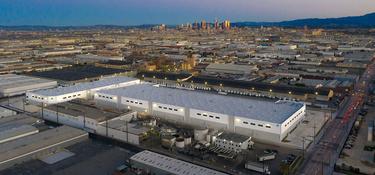A Prologis a globális kereskedelem összefüggő jellegét egyedülálló módon szemlélve megbízta az Oxford Economics (OE) független tanácsadó céget, hogy végezzen gazdasági hatáselemzést annak vizsgálatára, hogy üzleti tevékenysége és ügyfelei tevékenysége együttesen hogyan járulnak hozzá a globális gazdasághoz. A Future Flow of Goods tanulmány 1. fázisát 2017-ben végezték el. A 2. fázisra 2020 júliusában került sor. A 3. fázist 2022 decemberében frissítették, hogy tükrözze a Prologis növekedését és a logisztikai ingatlanpiac változásait.
Töltse le az összefoglalót.
Töltse le a teljes összefoglalót.
Az alábbiakat fedeztük fel:
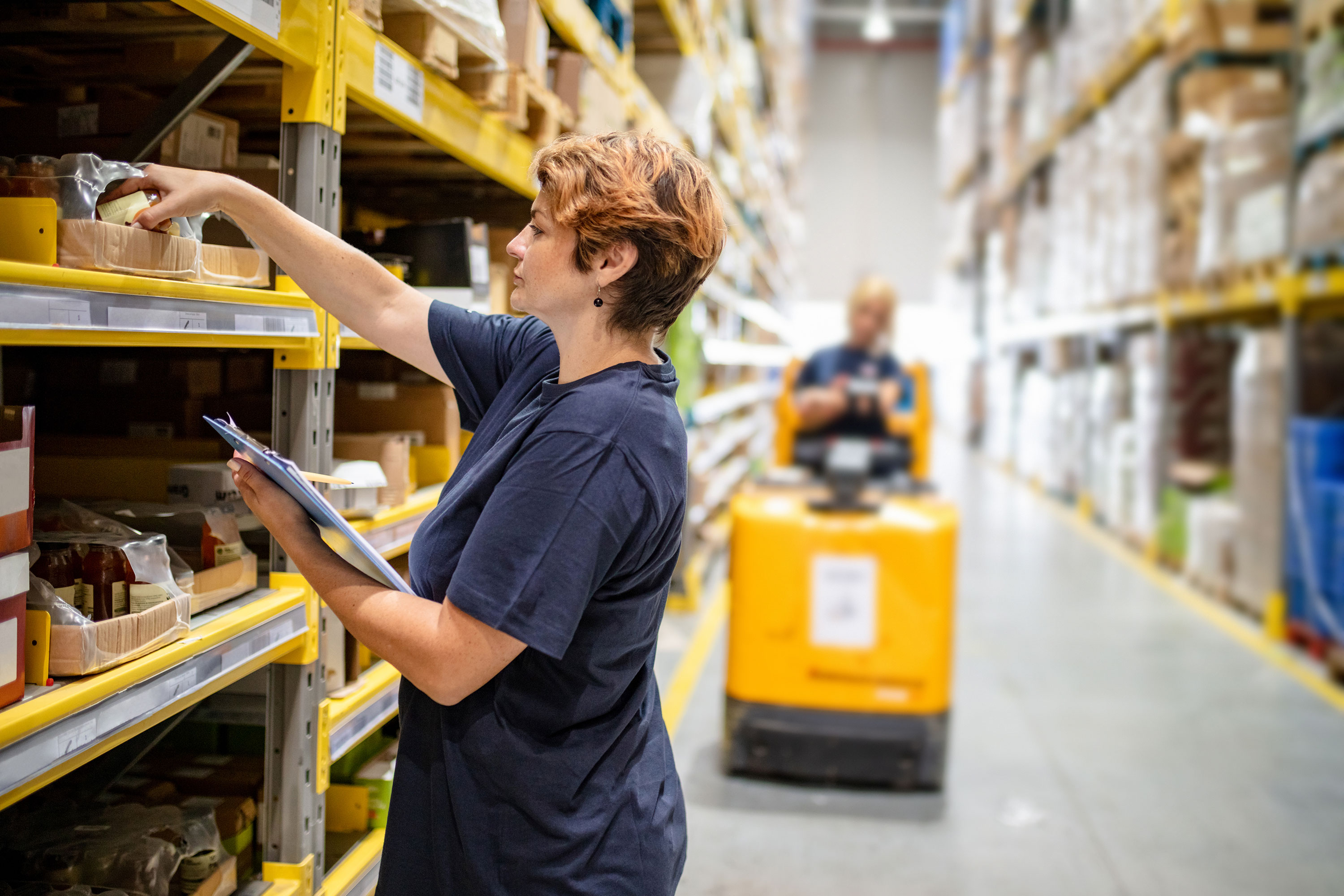

We shorten the time it takes to deliver the world’s goods to you
$2.7
Trillion is the economic value of goods flowing through our distribution centers each year1. This represents…
4.0%
of the GDP for the 19 countries where we do business2
24.3%
of global goods consumption in those 19 countries
2.8%
of the world’s GDP3
Under Prologis’ Roofs Each Day:
1.1 million
People go to work around the world
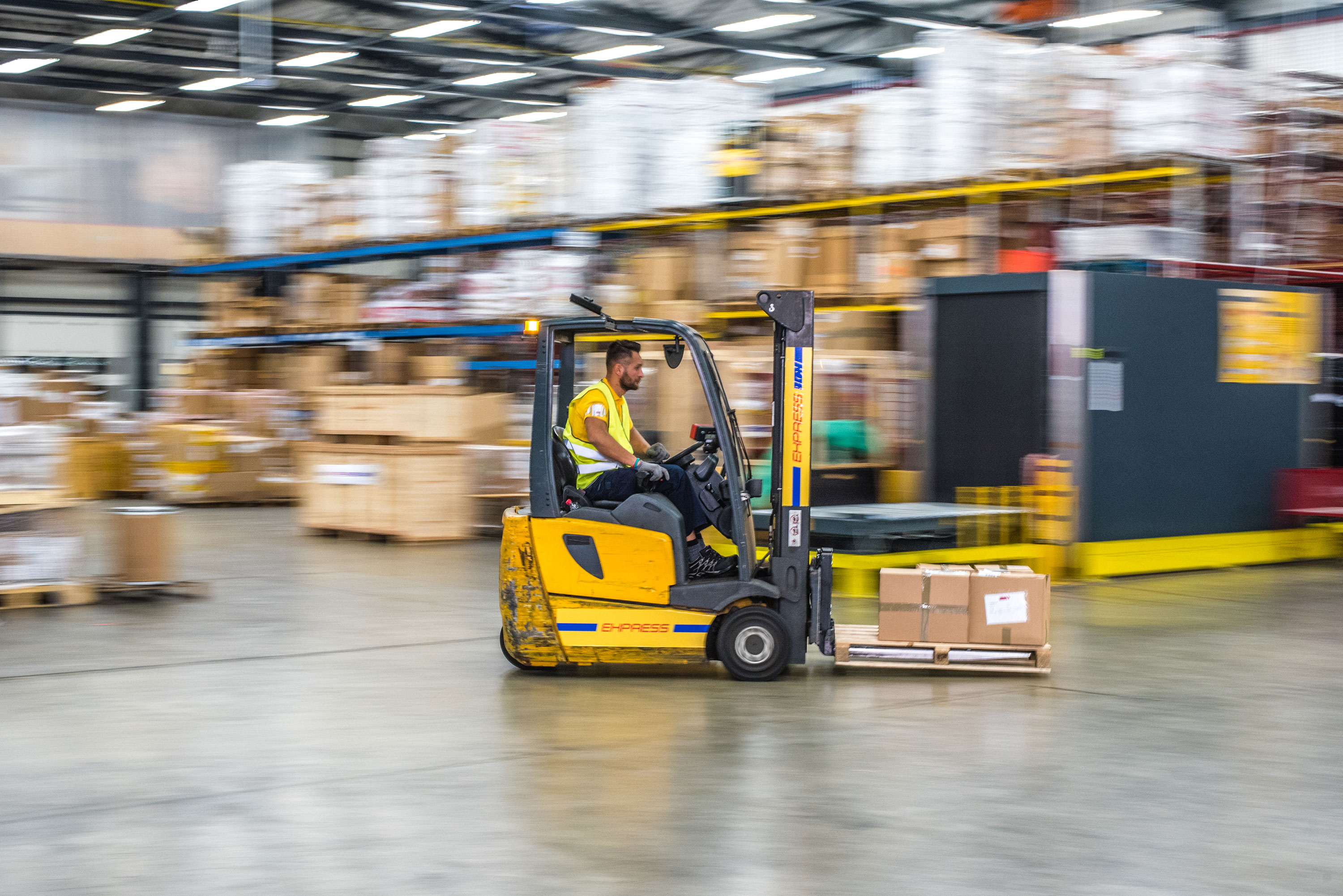
Prologis’ Employment Impact:
3.5 million
Global Jobs
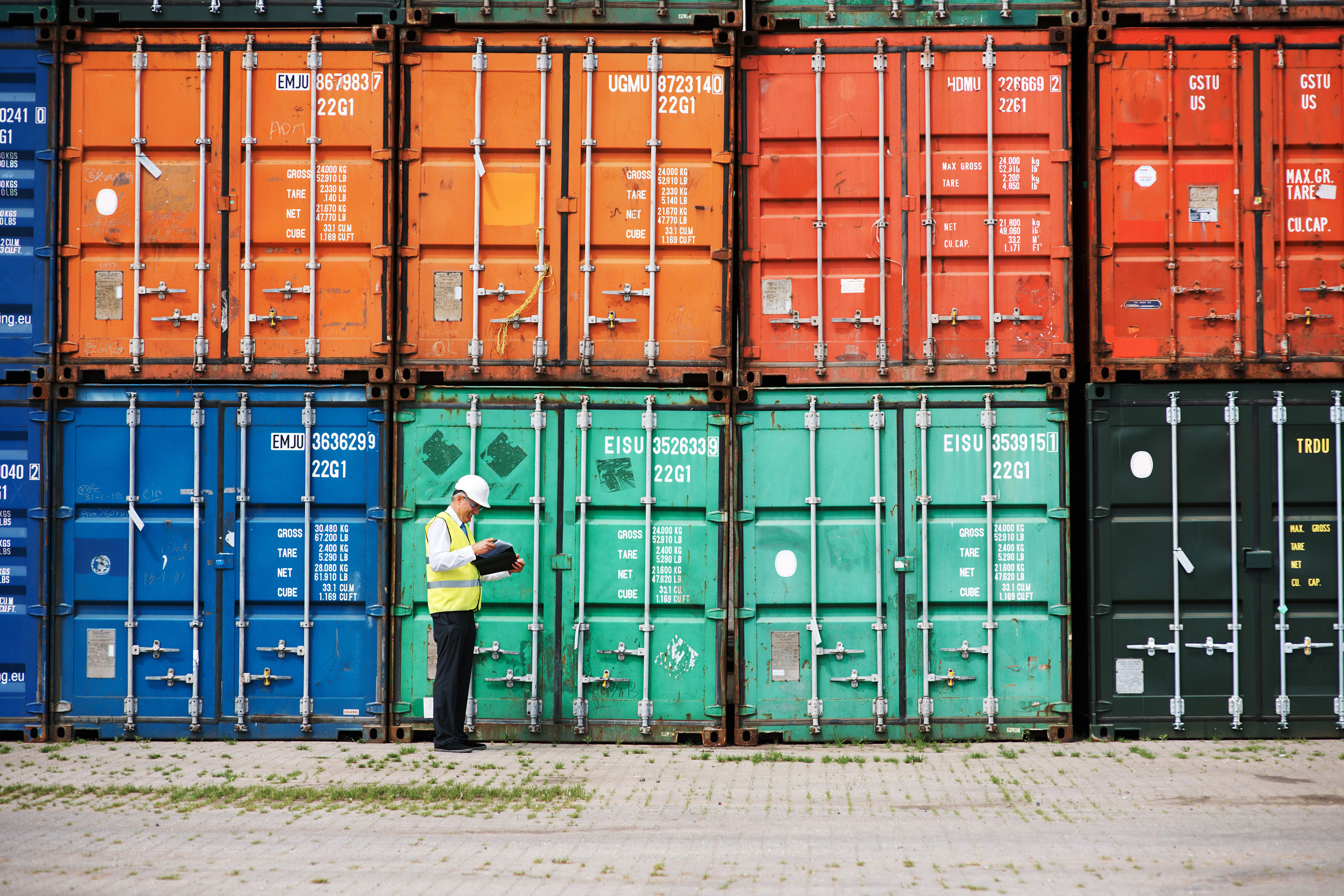
Taken together, the full global economic impact of operations in Prologis warehouses:
$315 Billion
Per Year 4
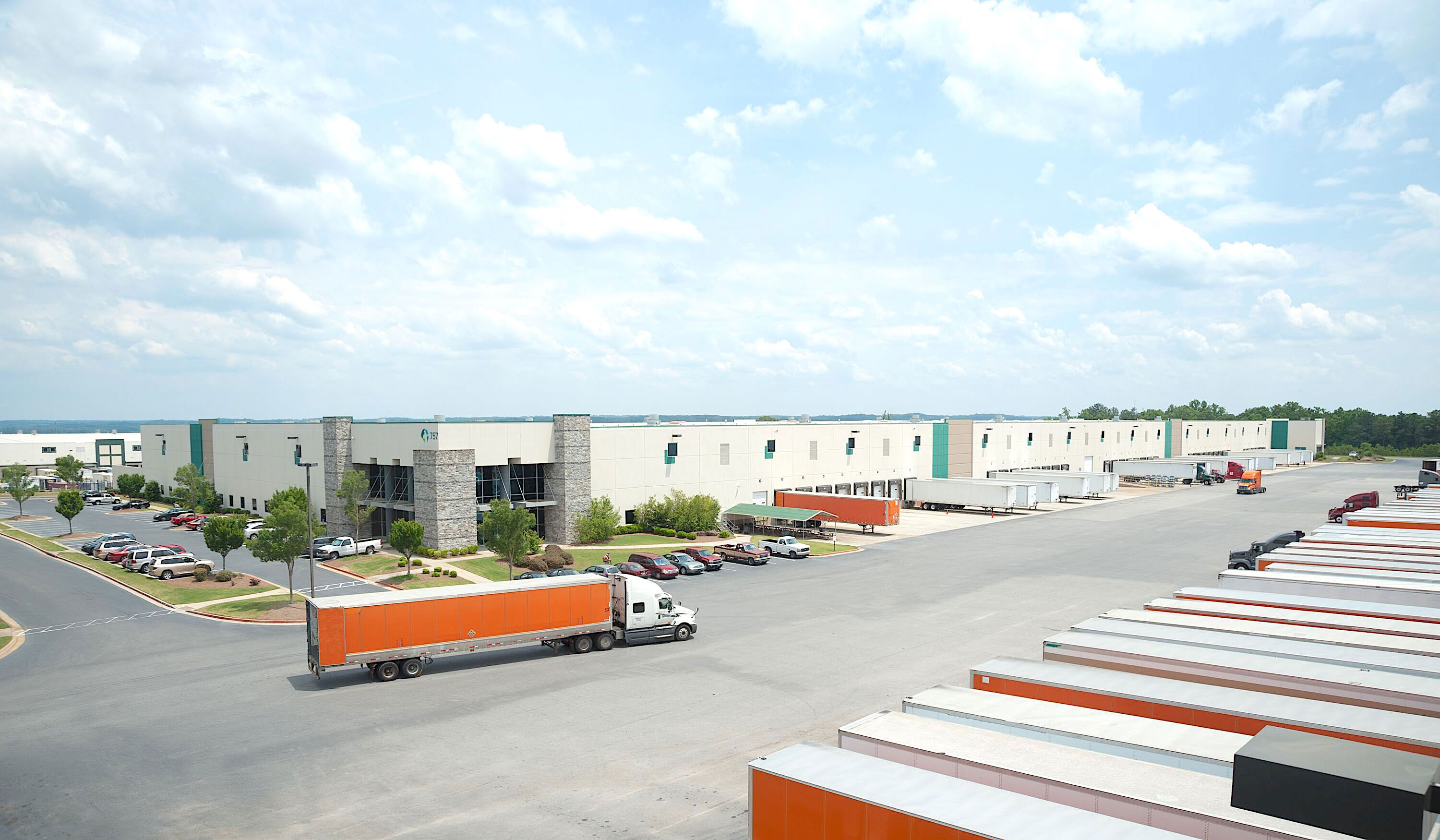
The total global tax impacts of Prologis is substantial:
$66 Billion
Per Year 4
Our location strategy is purposeful.
Our buildings are where the action is today and where it will be tomorrow.
5,800
Customers
4,914
Buildings
1
Billion Square Feet
19
Countries
4
Continents
